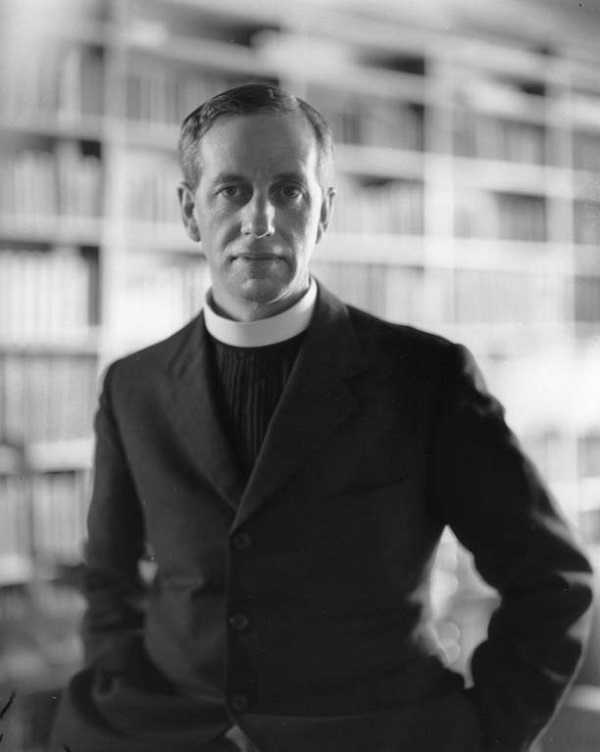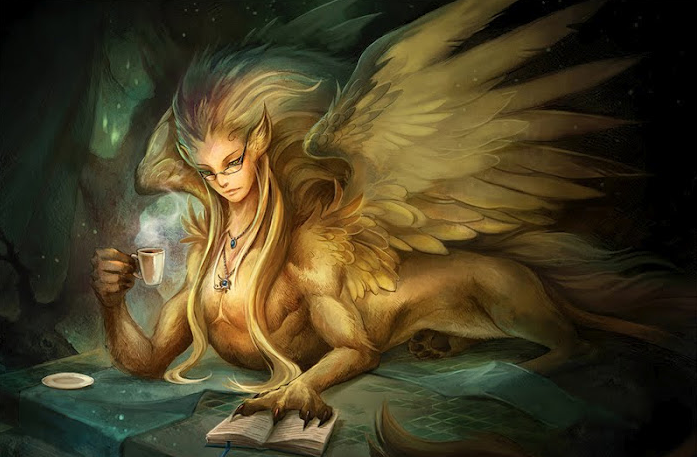What’s that? You’re looking for a good whodunit, but you’re bored with Agatha Christie and Dashiell Hammett? Not to worry! Continuing our “You Haven’t Heard Of Them?” series (previous installments here, here, here, and here), today we’re bringing you six underrated mystery authors sure to keep you pleasantly puzzled.
1. Carola Dunn
Fans of “cozy mysteries” will find a lot to love in the works of Carola Dunn, a talented and prolific but often overlooked writer. An English-born author now living in Oregon, Dunn started as a writer of historical romances. However, she has since switched gears and now has two ongoing mystery series to her name. The first, the Daisy Dalrymple mysteries, take place in England in the inter-war years. The novels feature the exploits of the Honourable Daisy Dalrymple, a freelance writer and wife of a Scotland Yard detective, who tries in vain to prevent her meddling in his cases. More recently, Dunn has written the first three books of a series set in Cornwall in the 1960s. She also has the advantage of being the only author on this list still alive, meaning that her body of work is not only large but ongoing, providing fans with plenty to read and look forward to.

Source: Thinking About Books
2. Ngaio Marsh
You may never have heard of her, but Ngaio Marsh was once a household name. In fact, along with Dorothy L. Sayers, Agatha Christie, and Margery Allingham (more about her in a minute), she was one of the four original “Queens of Crime,” who reigned supreme during the Golden Age of Detective Fiction. In a time when many mystery writers focused on private detectives, Marsh instead wrote about a public crimefighter. Her books center around gentleman detective Roderick Alleyn, a World War I veteran and member of the Scotland Yard CID. Although most of the novels take place in England, Marsh also shook things up by setting four of them in her native New Zealand. Sadly, Marsh began to fade from public consciousness as the hardboiled school of detective fiction gradually replaced her more genteel fare, and she has languished in obscurity ever since.
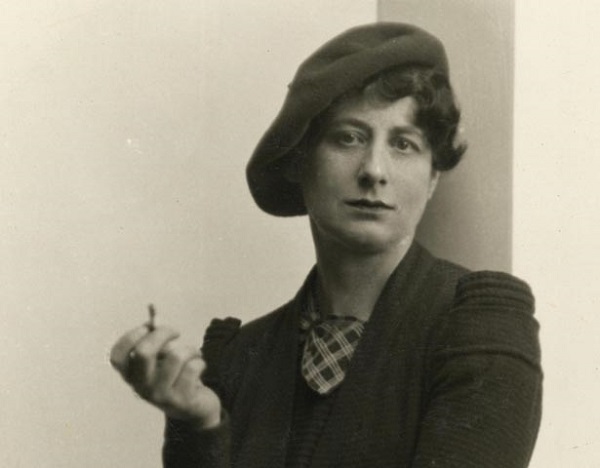
Source: Alchetron
3. Margery Allingham
Another one-time “Queen of Crime” who has never regained her throne, Allingham is the creator of sleuth Albert Campion. First introduced as a supporting character in The Crime at Black Dudley, Campion was originally intended to be a parody of Dorothy Sayers’ aristocratic detective Lord Peter Wimsey. However, Allingham’s American publishers were so taken with the character that they urged her to bring him back in a more prominent role. Allingham went on to write a total of nineteen novels and numerous short stories featuring Campion, who grew and matured as the series progressed. Strong character development coupled with ingenious plots make Allingham’s largely forgotten works well worth a read.
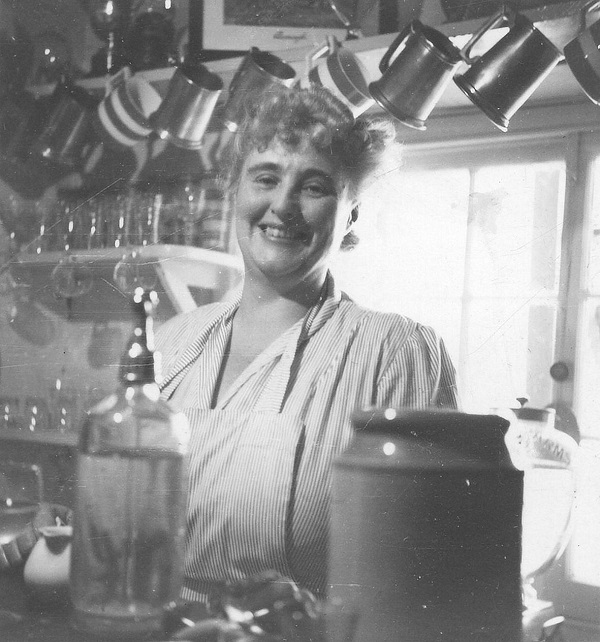
Source: Alchetron
4. Ronald Knox
Like his friend G.K. Chesterton, Knox was both a devout Catholic (he was ordained a priest in 1918) and a writer of detective fiction. However, while Chesterton remains a well-known figure, Knox has faded into obscurity. An avid reader of detective stories, Knox was one of the first serious scholars of the genre. His 1912 essay “Studies in the Literature of Sherlock Holmes,” laid the groundwork for the field of Sherlockiana. Knox was also a founding member of the Detection Club— a group of British mystery writers including Agatha Christie, Dorothy L. Sayers, and Baroness Emma Orczy— and the author of its “Fair Play” rules. Intended to give the reader a fair chance at guessing the guilty party, these rules included instructions such as “The criminal must be someone mentioned in the early part of the story, but must not be anyone whose thoughts the reader has been allowed to follow,” and “The detective must not light on any clues which are not instantly produced for the inspection of the reader.” The Detection Club still exists today, although the Fair Play rules have been somewhat relaxed. Knox also authored six detective novels, most of which feature private investigator Miles Bredon and his wife Angela.
5. S.S. Van Dine
S.S. Van Dine was actually the pseudonym of Willard Huntington Wright, an avant-garde art critic who was too embarrassed by his shift from intellectual writing to mass market fiction to publish under his real name. In 1923, the impoverished Wright found himself confined to bed, the result of an illness stemming from his secret cocaine addiction. Out of boredom, he began reading hundreds of crime and mystery novels, after which he decided to try his own hand at detective fiction. In 1926, he published The Benson Murder Case, the first of twelve novels featuring Philo Vance, a snobbish, art-loving New York sleuth. Philo Vance proved immensely popular, appearing not just in novels but also in film and radio adaptations, making Wright a wealthy man for the first time in his life. However, Wright, like Ngaio and Allingham, was a victim of the rise of hardboiled detective fiction. This new genre eschewed foppish gentlemen sleuths like Vance in favor of tough, cynical detectives such as Philip Marlowe and Sam Spade, sparking Ogden Nash’s quip that “Philo Vance/Needs a kick in pance.” Wright’s popularity waned and, despite the quality of his work, has never really recovered.
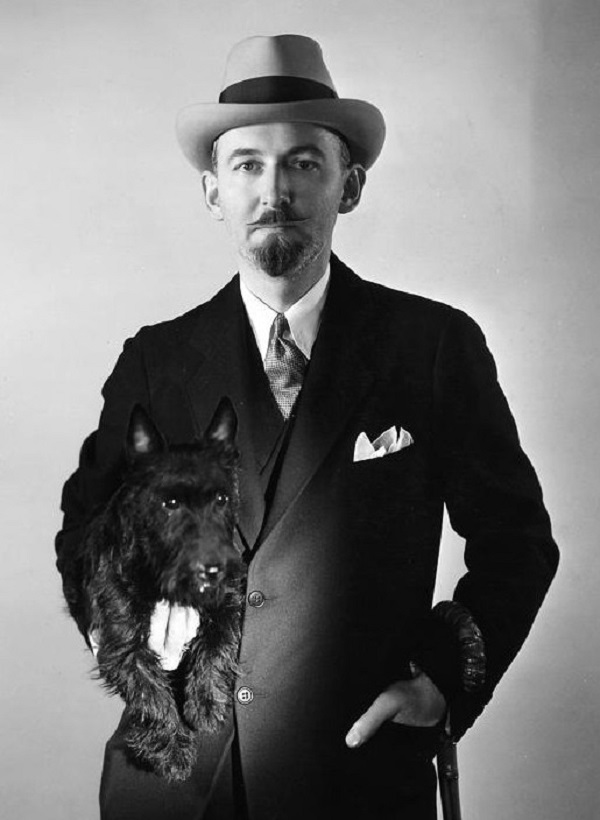
Source: Golden Age Mysteries
6. August Derleth
Derleth is best known as the founder of Arkham House and a contributor to H.P. Lovecraft’s Cthulhu Mythos. What is less well-known is that Derleth was also a prolific and accomplished mystery writer. A great admirer of Sir Arthur Conan Doyle, Derleth wrote to him asking permission to take over the Sherlock Holmes series when Conan Doyle finished it. Conan Doyle graciously declined the offer, and so Derleth instead invented his own detective, Solar Pons, intended as an affectionate pastiche of Sherlock Holmes. Solar Pons resided in Praed Street in London, possessed acute powers of observation, and was accompanied on his cases by Dr. Lyndon Parker, who served as narrator. Derleth also enjoyed incorporating other popular fictional characters into his Pons stories. He crossed over with H.P. Lovecraft in “The Adventure of the Six Silver Spiders,” introduced a thinly disguised version of Hercule Poirot in “The Adventure of the Orient Express,” and included several appearances by Sax Rohmer’s villainous Fu Manchu. Although Solar Pons never became as famous as Sherlock Holmes, he nevertheless enjoyed a good deal of popularity, even gaining a dedicated fan group, the Praed Street Irregulars.
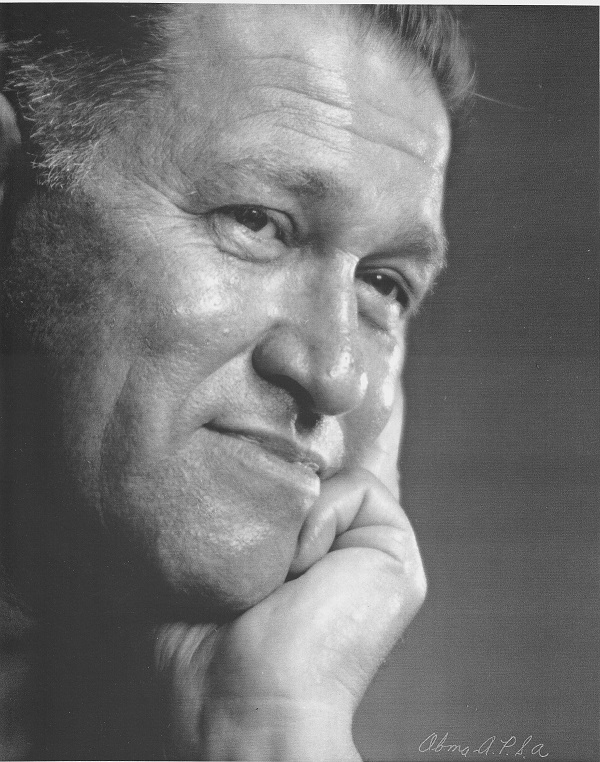
Source: Batteredbox
What do you think- any underrated mystery authors we overlooked?
https://www.youtube.com/watch?v=p6pc98B78dg
YouTube Channel: Mona Roy
Featured image via Pixabay
